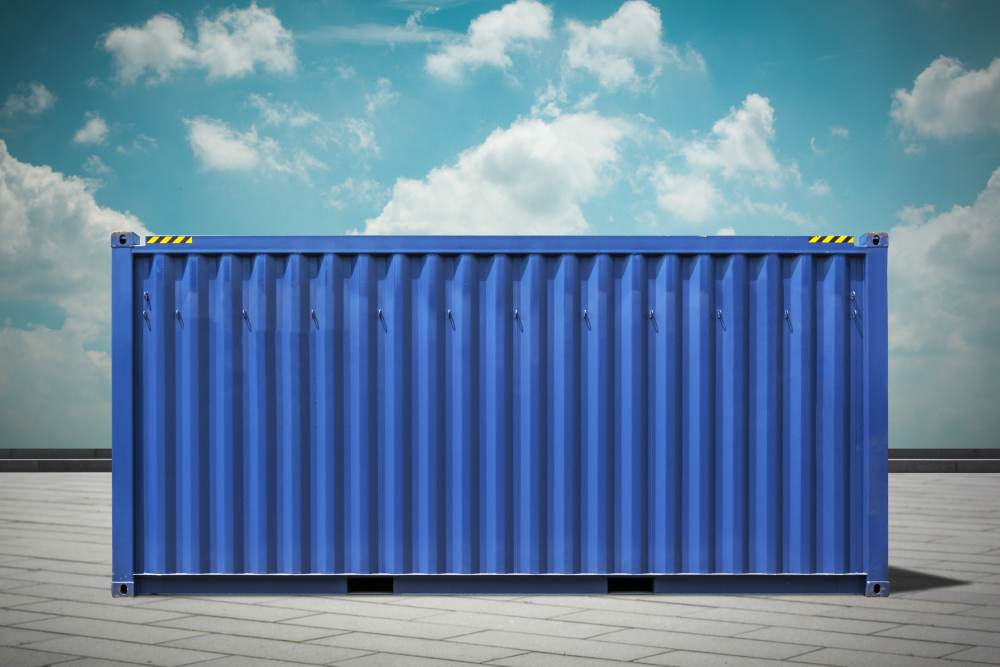


If you're planning on renting a roll-off container for your waste disposal needs, it's essential to know what items you can and cannot discard in them. Improper waste disposal can lead to potential fines, damage to the environment, and even harm to public health. In this blog post, we'll discuss the importance of knowing what items to avoid discarding in a roll-off container, as well as some tips on proper waste disposal.
The first and most obvious category of items to avoid discarding in a roll-off container is hazardous materials. These items include chemicals, gases, and flammable substances. It's illegal to dispose of hazardous waste in a common trash container because it poses a significant threat to human health and the environment. If you're unsure if the material you're trying to dispose of is hazardous, contact a local waste management company to verify.
Old computers, printers, phones, and other electronic devices can contain toxic chemicals that are harmful to the environment and human health. In addition, electronics can be recycled for their valuable components. If you're looking to dispose of electronic items, consider taking them to a local drop-off center or contacting a local recycling facility. Many cities and towns host recycling events, which you can attend to get rid of electronic waste.
Large appliances like refrigerators, ovens, and washers/dryers can be difficult to dispose of in a roll-off container and can damage the container's interior. If you're looking to dispose of appliances, consider contacting a local scrap metal dealer or appliance recycler. Many local donation centers will also take appliances in good condition.
While some construction materials like concrete and asphalt can be disposed of in a roll-off container, others like paint, solvents, and fuel should be avoided. These materials are not accepted in roll-off containers and can be hazardous to the environment if disposed of improperly. If you're undertaking a construction project, speak with your builder or contractor to determine proper disposal methods.
Any waste considered to be medical or biohazardous should be avoided in a roll-off container. Medical waste includes anything from needles/syringes to lab materials and even expired medications. These items can pose a potential threat to public health if not disposed of correctly. Speak with your local hospital or medical facility to learn about proper disposal methods for medical waste.
Proper waste disposal is crucial to protecting our environment, public health, and keeping our communities clean. Avoiding certain items in roll-off containers and knowing proper disposal methods can go a long way in minimizing risks to ourselves and the environment. If you're considering renting a roll-off container, make sure to review the list of items that are not accepted and contact a local waste management company for any additional questions or concerns. Let's work together to keep our communities clean and safe! If you're looking for a roll off container rental in Orlando, FL, contact Tip Top Containers today to request a quote.